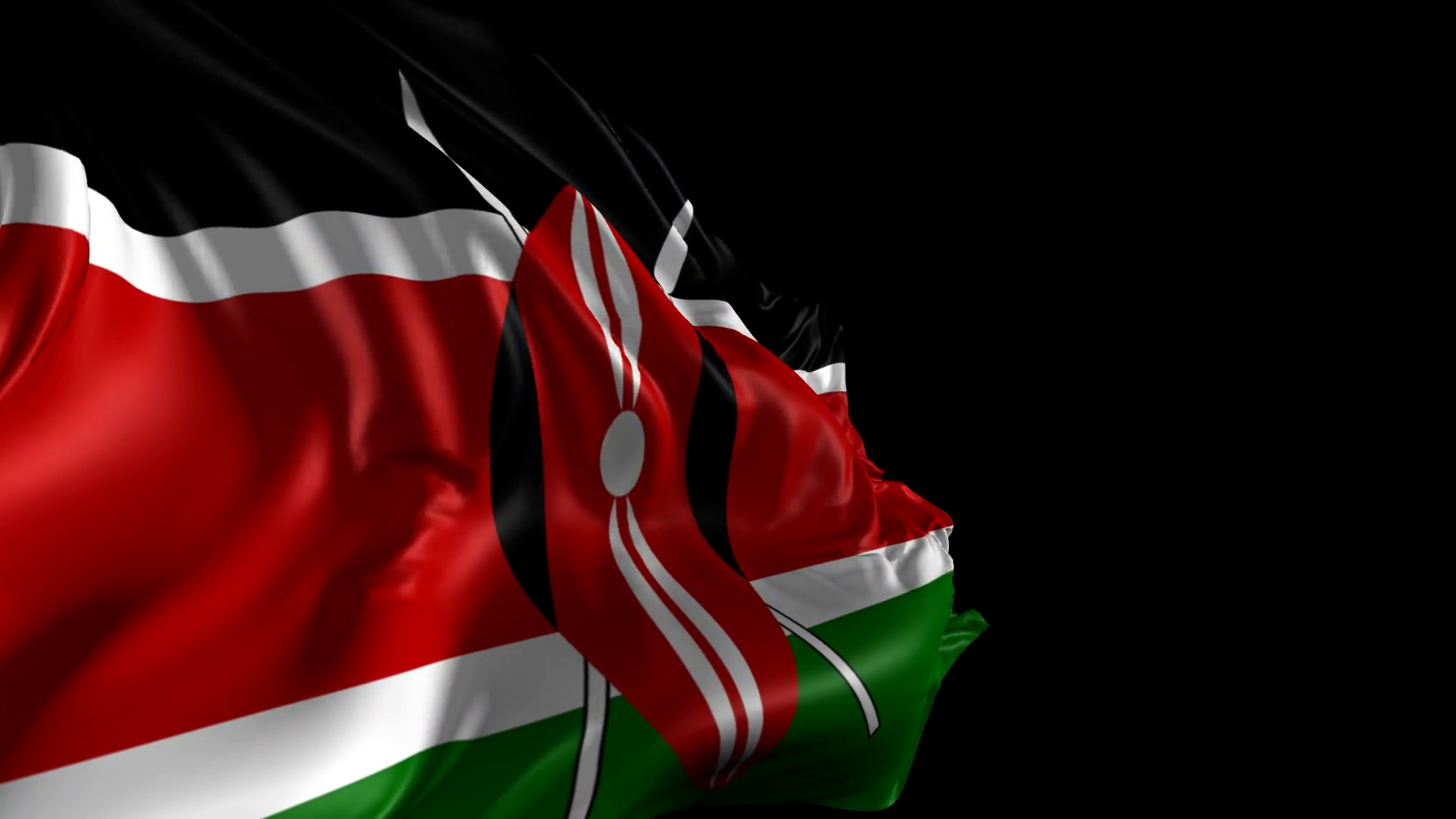The internet, especially blogs and social media have become a very integral part of the information chain in Kenya. Several scandals involving the loss of millions of dollars and misuse of public office have been first unearthed on social media before they were taken up by traditional media.
Perhaps the growth being witnessed in Kenya’s blogosphere and social media could be an indictment to Kenya’s traditional media which has often been accused of being in bed with the state and corrupt corporate entities out of their need for government or corporate business or forced silence by the state.
The vibrancy of the Kenyan social media space therefore has to be a threat to those who fear a free press – one that they cannot threaten by withholding advertisement revenue. The new cybercrime law in Kenya that is being hailed in some quarters as a measure of protecting people’s privacy and dignity online is actually but just a clever way of curtailing freedom of speech and “instilling the fear of God” on the country’s brave online voices.
While the law in Section 3 (d) claims to protect the rights to privacy, freedoms of expression and access to information, various segments of it actually goes against the principle of the freedoms of expressions as put out in Article 33 of the Kenyan constitution. This article provides for propaganda for war; incitement to violence; hate speech; or advocacy of hatred as the only legal limitations that any statute must respect.
The law in sections 16 and 17 has provisions on unauthorized access to information. This is the first attempt in the law at stifling whistle-blowing culture and practice in the country.
The Bloggers Association of Kenya (BAKE) argue that these sections of the new law are meant to curtail public vigilance and throttle free access to information.
It should be reminded that that the embezzlements at Chase Bank and National Bank would not have been made public were it not for Kenyans of goodwill who provided the information to Kenyans online. While high ranking government officials blamed bloggers for publishing and sharing the information, some even calling for the regulation of bloggers, the information was accurate. It came to pass and relevant authorities are today investigating and in some cases, like National Bank, found and fined the culpable individuals.
– BAKE Statement.
Section 22 of the new law claims to tackle fake news – something that the country has been dealing with from the last election cycle where it was widely used. Many even believe that it won the President a second term. The new law does not define fake news. In a country where the state regularly gives out fake news itself this could be very problematic, but the bigger question here would be; who decides what is fake and what is not?
Does the fact that the government does not agree with a story circulating online make it fake news? If that was to be the case then all the whistle-blowers for the NYS and Afya House scandals where the Kenyan taxpayer lost millions of US dollars would be guilty of spreading false news.
This law gives fertile grounds for individuals in power to use and misuse it to arrest, intimidate and threaten bloggers and Kenyans online.
Kenya School of Law lecturer and internet laws consultant Mugambi Laibuta explains in a tweet that the net effect of this segment of the new law will be to stop users from speaking and sharing information freely on the internet.
Publication of false news carries a penalty of 5M shillings and 2 yrs in prison. Note that a lot of information comes from people online. What this will do is stop free speech online. It will have a chilling effect. Info sharing will be highly limited
— Olé (@Olez) May 16, 2018
Section 23 on publication of false information lacks clarity. What the state for all its intent and purpose could define as possibly causing panic could be regarded by the general public as ridicule and genuine criticism. In addition, it can be satirical, for instance by cartoonists. Good governance including political accountability and transparency issues that Kenyans yearn for will soon be a thing of the past if this provision is unchecked.
Africa Blogging author Patrick Gathara while appearing on a local TV station wondered whether government institutions will be subjected to the same thresholds on fake news and false information. This is very critical because it is in the public domain that the Kenyan government has been a key peddler of false information. Case in point was during the 2013 Westgate terror attack where a Minister intentionally gave the public false information.
A previous ruling by the Kenyan High Court on the Kenya Information and Communications Act found sections of the law unconstitutional for lack of proper definition for operative words like “indecent”, “obscene”, “anxiety” among others. Justice Mumbi Ngugi asserted that “the words are so wide and vague that their meaning will depend on the subjective interpretation of which officer.” In this Act, words like ‘false’, ‘panic’, ‘obscene’, ‘misleading’, and ‘fictitious data’ are also subject to the interpretation of the prosecuting authority and are bound to have the same effect.
Perhaps the biggest indication on the intent of government is the constitution of of the National Computer and Cybercrimes Coordination Committee. The committee draws it’s membership solely from government agencies with not a single representation from the industry players to articulate and advance stakeholder interest. The Director who shall be the secretary to the committee lacks a vote meaning he or she will only take direction from committee members who are heads or appointees of the respective government agencies.
With President Uhuru Kenyatta signing the bill into law last week, Kenyans will now have to wait for the courts to make a ruling on the constitutionality of sections of this law to be able to once again enjoy their freedom of speech in the digital space.



